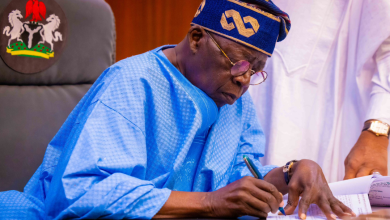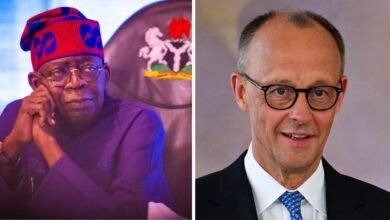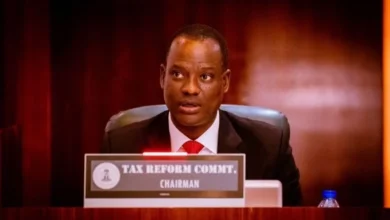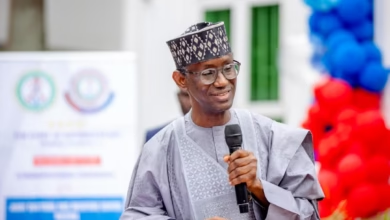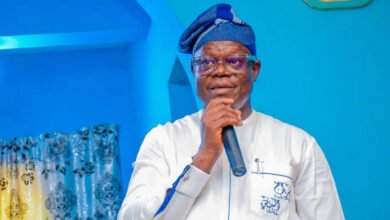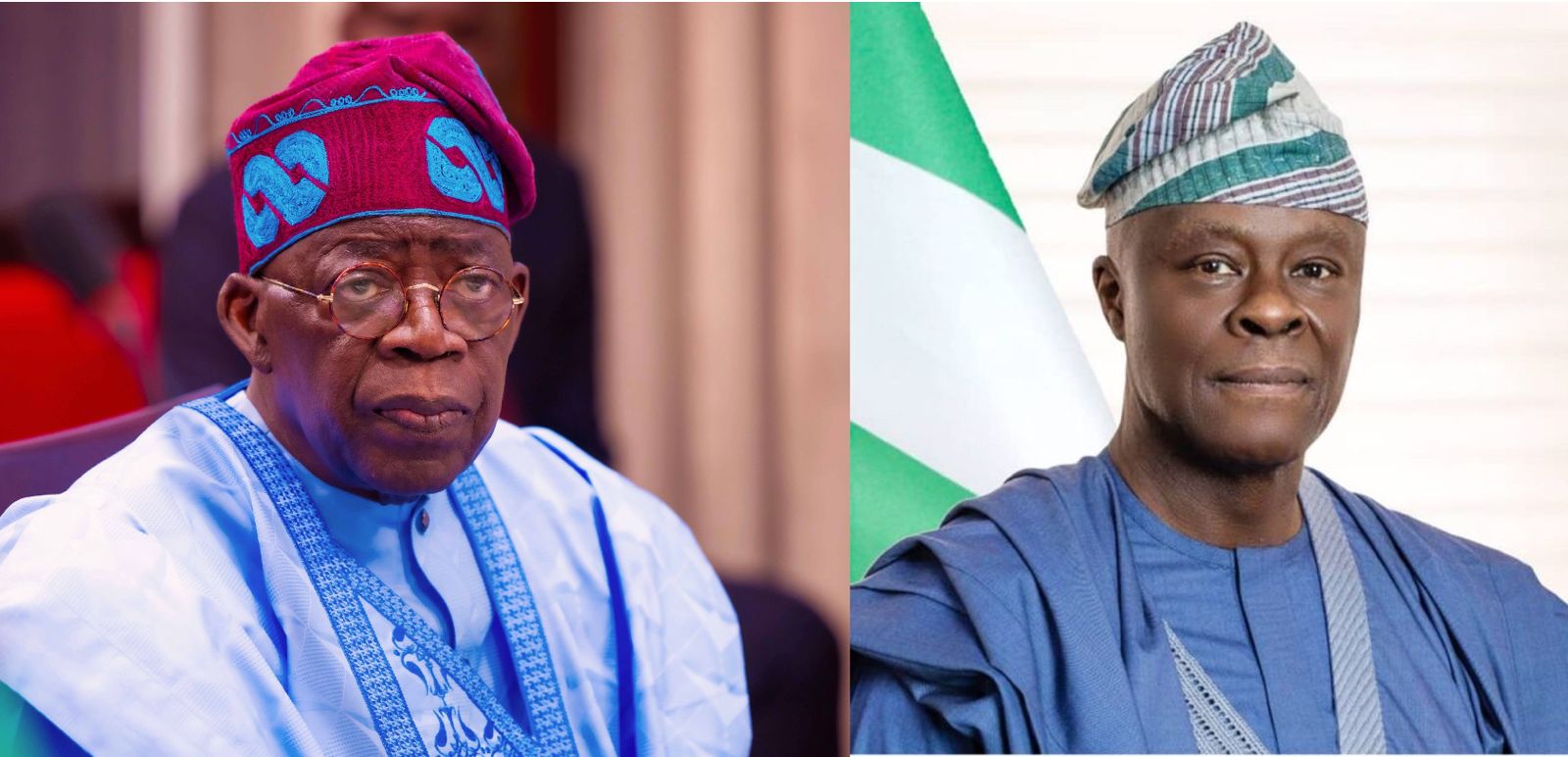
On Wednesday, December 18, 2024, President Bola Ahmed Tinubu delivered a speech to the Joint Session of the National Assembly as he presented his ₦49.7 trillion 2025 budget estimate to the legislature.
The budget marks the President’s second within his 19 months in office and the second under this administration. His speech provided a concise overview of Nigeria’s economic trajectory under his leadership.
Christened the “Budget of Restoration: Securing Peace, Rebuilding Prosperity,” this budget builds on the gains achieved during the administration’s initial efforts to stabilize the economy. It promises to improve lives and enhance productivity nationwide.
Significantly, this budget which President Bola Tinubu has called a budget of renewal is birthed from the successes of the hard work of the economic managers of the country, particularly, the Minister of Finance and Coordinating Minister of the Economy, Mr. Wale Edun who has played a background but crucial role in ensuring that the economy is stabilized and that the government can now project forward with its plans for economic renewal.
Over the past 19 months, tough but necessary reforms have been implemented, creating some shocks across the polity. However, these reforms have been for the long-term betterment of the country. In his speech, the President acknowledged the difficulties and sacrifices imposed by these reforms, while urging Nigerians to stay hopeful as the nation moves closer to economic recovery.
The restructuring of the economy by the Wale Edun led economic managers is creating a rejuvenated economy that is strong enough to withstand the headwinds of any future shocks of the global downturn, as seen during covid and the volatility of crude oil prices. The reforms are already yielding tangible results.
For instance, the President highlighted that despite global economic growth being projected at 3.2% in 2024, Nigeria’s economy grew by 3.46% in the third quarter of 2024—an improvement from 2.54% in the corresponding period in 2023. This outperformance underscores the resilience and potential of the Nigerian economy under sound management.
Additionally, Nigeria’s foreign reserves now stand at $42 billion, providing a buffer against external economic shocks. This reflects the prudence of the Wale Edun-led team, which has skillfully balanced productive spending with maintaining healthy reserves.
When a country exports more goods and services than it imports, it earns extra money, which is called a trade surplus. The results of the economic rejuvenation are showing in Nigeria’s rising exports, too, and they are reflecting in Nigeria’s current trade surplus which now stands at 5.8 trillion Naira. This means that we are selling more to other countries than we are buying from them: the Wale Edun led economic team has emphasized that its goal is to make Nigeria a serial exporter of its locally manufactured goods. This brings more money is coming into the country.
Nigeria’s trade surplus standing at 5.8 trillion Naira shows that Nigeria’s economy is getting stronger. When our exports rise, it shows that our goods are getting out to other countries, which boosts confidence in our economy.
In President Tinubu’s words, “These clear results of gradual recovery, among others, reflect the resilience of our economy and the impact of deliberate policy choices we made from the outset.”
Another notable achievement highlighted in the President’s speech is the effective implementation of the 2024 budget. By the third quarter, Nigeria had achieved revenue of ₦14.55 trillion (75% of the target) and expenditure of ₦21.60 trillion (85% of the target).
President Tinubu, speaking to the 2025 budget stated that its philosophy is around: restoring macroeconomic stability, enhancing the nation’s business environment, fostering inclusive growth, and employment, and reducing poverty, and promoting equitable income distribution and human capital development.
The budget projects ₦34.82 trillion in revenue and ₦47.90 trillion in expenditure, including ₦15.81 trillion for debt servicing, leaving a deficit of ₦13.08 trillion (3.89% of GDP).
According to the President, this 2025 budget projects that inflation will decline from the current rate of 34.6 percent to 15 percent next year, while the exchange rate will improve from approximately 1,700 naira per US dollar to 1,500 naira, and a base crude oil production assumption of 2.06 million barrels per day (mbpd).
The President and his economic team have based these projections on the reduced importation of petroleum products alongside increased export of finished petroleum products, achieving a bumper harvest in 2025, driven by enhanced security, and reduced reliance on food imports, increased foreign exchange inflows through Foreign Portfolio Investments, as well as higher crude oil output and exports, coupled with a substantial reduction in upstream oil and gas production costs.
Achieving these ambitious goals will require unwavering commitment and resilience. And that is possible. The President’s economic team, led by the Minister of Finance and Coordinating Minister of the Economy, Mr. Wale Edun must tirelessly work to deliver on the tasks before them. It would take a lot of commitment, fervent resilience and sticking to the script to make these work.
Telling from the performance of the 2024 budget orchestrated by this team, Nigerians can indeed hold on to the hope and belief that the economy would pick uncommon steam and growth in 2025. Indeed, the “Budget of Restoration: Securing Peace, Rebuilding Prosperity” embodies the vision of a Nigeria on the path to sustainable growth and prosperity.
Bernard Okri, the founder of the Global Economic Policy Initiative (GEPIn) writes from Asaba, Delta State.

